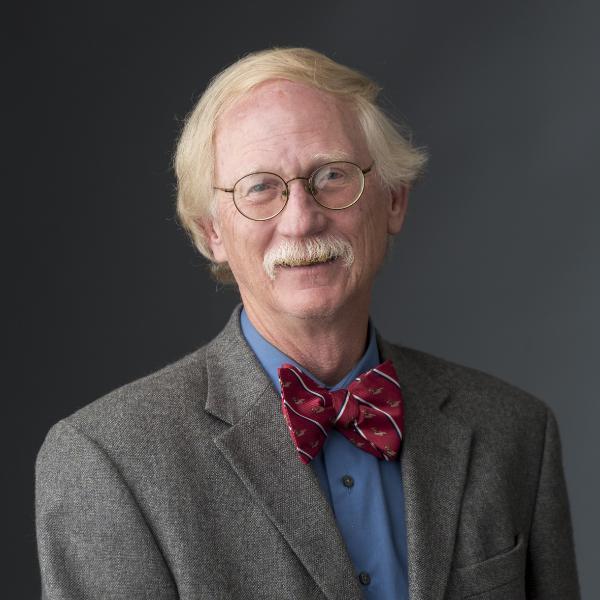
Ph.D. in Physiology
In the Physiology Ph.D. program, you’ll lead a novel dissertation project in the field of physiology, and work closely with your research advisor and professors to deepen your scientific knowledge. Exploring topics like endocrinology, neurophysiology and cardiac failure, you’ll become well versed in the most relevant areas of physiological science. Through individually planned programs of coursework, tutorials and seminars, you’ll gain expertise and thoroughly learn the structure, function and regulation, of cells and organs.
Ph.D. graduates in physiology have a number of career options. Physiologists are needed in the pharmaceutical and biotechnology industries, government agencies and the healthcare field. With a Ph.D., you’ll qualify for senior research positions, and will also be prepared to work in management and leadership roles. In addition, a Ph.D. allows you to find research, leadership and senior teaching positions in academia, where your specialized knowledge will be well sought after.
As part of your journey as a Ph.D. candidate, you will complete original laboratory research under the guidance of a graduate faculty mentor, and write a doctoral dissertation that you will have to defend based on this work.
Topics in the Physiology Ph.D. Program
- Cellular neurophysiology and electrophysiology
- Regulation of sleep and wakefulness
- Function of the Vascular and microvascular systems
- Neural, endocrine and local control of circulation and microcirculation
- Cardiac dynamics
- Cardiac and Cardiomyocyte Electrophysiology
- Cardiac metabolism
- Cardiac hypertrophy and failure
- Neuroendocrinology
- Renal physiology
- Oxygen metabolism
Program Curriculum
Whether you’re entering through the Integrated Ph.D. Program (IPP) or with advanced standing from one of our master’s programs, the course requirements are the same. Aside from the core didactic coursework, the main focus of the Ph.D. program is research. You’ll have the opportunity to enroll in up to three laboratory rotations early in the program, which allows you to discover where your research interests lie.
The program curriculum begins with a broad overview of the basic concepts of cellular physiology and the function of major organ systems including the cardiovascular, endocrine, renal, gastrointestinal and respiratory systems. These topics provide a broad background in all areas of physiology before developing in-depth studies of research interests. Specific courses on the different organ systems will give you in-depth knowledge on how each system operates.
You will study scientific research techniques. In the last years of the program, you'll use what you've learned in lectures, tutorials and labs, to pursue an investigation in your chosen area under the guidance of a graduate advisor. Visit the Physiology curriculum page for detailed descriptions of our courses and lab rotations.
Earning your Ph.D. is a multi-step process that includes a qualifying examination and meetings with your dissertation committee. For a detailed overview of Ph.D. requirements over the length of the program, visit our Ph.D. Program Requirements page.
Admission into the Physiology Ph.D. Program
The admissions committee for our Ph.D. program views each application holistically. A master’s degree or GRE is not required to enter the program. Although we consider students from a variety of academic backgrounds, we recommend that Ph.D. applicants have a foundation in the sciences and some prior wet lab research experience. An interview will be conducted as part of the admission process into the program. Please review the Ph.D. admissions & application requirements.
Physiology Department Faculty
All faculty members in the Department of Physiology have their Ph.D. and/or M.D. degrees, and pursue advanced research in areas of physiology and biomedicine. Some of the fascinating research interests of our faculty include studying how neurons communicate, the neurophysiology of the auditory system, the relationship between mitochondrial function as well as the diabetic cardiomyopathy and regulation of the microcirculation. Because physiology intersects with every other biomedical research discipline, our faculty experts have a wide breadth of scientific understanding and engage in significant collaborations with faculty throughout the GSBMS. In our program, graduate faculty mentors provide guidance for your original laboratory research, and our 2:1 student-faculty ratio allows for plenty of individual attention. Learn more about our knowledgeable and experienced biomedical sciences faculty.
Contact

Carl I. Thompson, Ph.D.
- carl_thompson@nymc.edu
- (914) 594-4106

